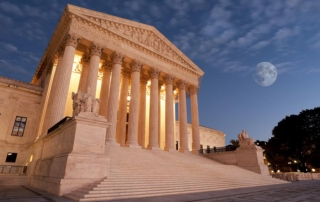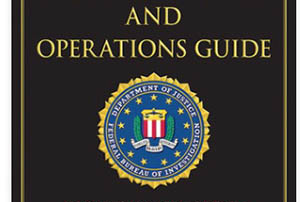Is the NJ Attorney General’s moratorium on marijuana prosecutions a “move toward decriminalization?” Probably not.
When New Jersey Attorney General Gurbir Grewal issued a memorandum yesterday ordering local prosecutors to temporarily halt marijuana prosecutions in municipal courts until September, news outlets, including the New York Times, called it a possible "step toward decriminalization." Amol Sinha, American Civil Liberties Union of New Jersey executive director, praised the move, stating that "[b]y directing prosecutors to pause adjudication of marijuana cases, this letter starts that [decriminalization] process." Marijuana trade magazines were even more effusive.








